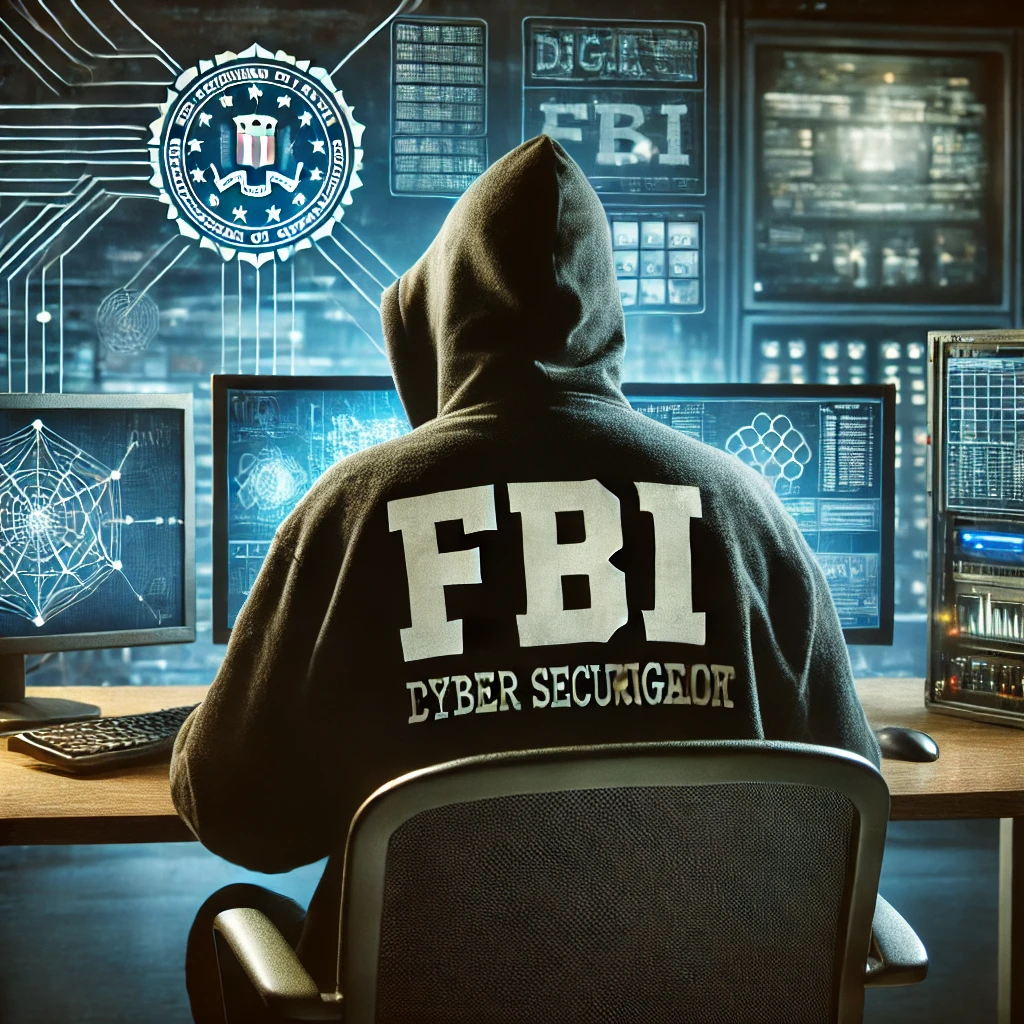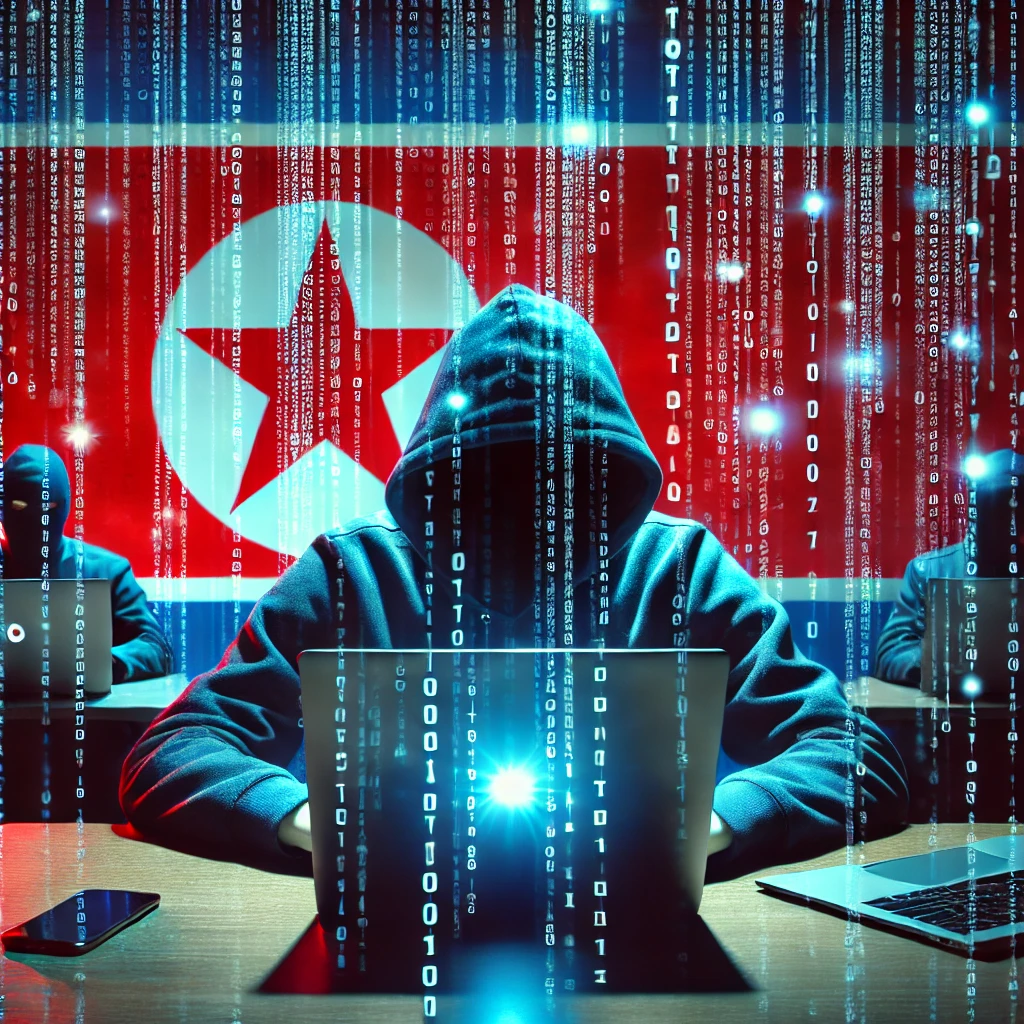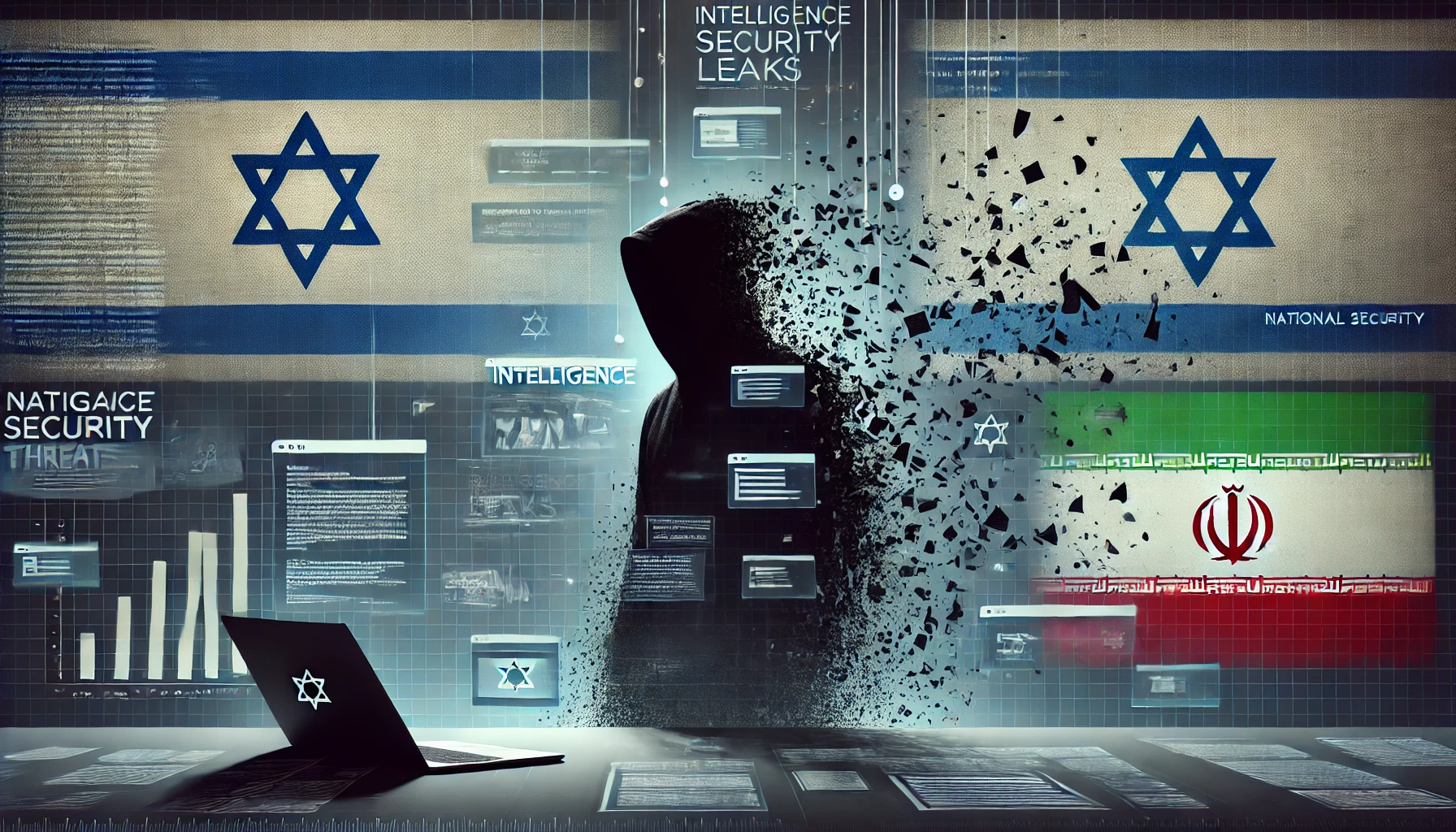Background and Cybercriminal Operations Pyotr Levashov, known by his alias “Severa”, was one of the most dangerous Russian hackers in recent history. He was responsible for operating three of the largest botnets in the world, which were used for spamming, malware distribution, and large-scale cyberattacks. Levashov consistently ranked among the top ten spammers in the world and was a key figure in cybercrime operations linked to ransomware, financial fraud, and state-sponsored disinformation campaigns. Arrest and Extradition In 2017, Levashov was arrested in Barcelona, Spain, following an international warrant issued by…
Read MoreCategory: National Security
UK Rejects Update to 1990 Cybercrime Law: Security Researchers Remain at Legal Risk
British Government Declines Cybercrime Law Reform The UK government has rejected a proposed amendment to the 1990 Computer Misuse Act (CMA), which aimed to provide legal protections for cybersecurity researchers. Science Minister Patrick Vallance defended the decision, arguing that such protections could be exploited by cybercriminals. Background on the Proposed Amendment The current law criminalizes “unauthorized access to a computer,” creating significant risks for ethical security researchers. Critics argue that the CMA is outdated, failing to reflect modern cybersecurity challenges. Key issues driving the push for reform: Reasons for the…
Read MoreNorth Korea Embeds Malware in Popular Software Projects: Lazarus Group’s Phantom Circuit Campaign
A New Supply Chain Attack by Lazarus Cybersecurity researchers have uncovered a highly sophisticated campaign by the North Korean state-sponsored Lazarus Group. Dubbed Phantom Circuit, this operation involves cloning legitimate software projects, injecting them with malicious backdoors, and redistributing them to developers worldwide. The goal? To infiltrate corporate environments, steal sensitive data, and establish persistent access to compromised systems. Who’s at Risk? The following popular software projects were found to be replicated and modified with embedded malware: How the Attack Works How Phantom Circuit Compromises Systems Malicious Code Injection into…
Read MoreFormer CIA Analyst Pleads Guilty to Leaking Top-Secret Information on Israeli Plans to Strike Iran
Asif William Rahman, a 34-year-old former analyst for the U.S. Central Intelligence Agency (CIA), pleaded guilty on January 17, 2025, to charges of unlawfully retaining and transmitting Top Secret National Defense Information. Rahman admitted to leaking classified documents detailing Israel’s plans for a military strike against Iran, which were subsequently disseminated on social media platforms. In October 2024, Rahman accessed and printed two Top Secret documents from the National Geospatial-Intelligence Agency (NGA) and the National Security Agency (NSA). These documents outlined Israel’s intended airstrike in retaliation for Iran’s missile attack…
Read MoreU.S. Tightens Export Controls on AI Chips, Escalating Tech Tensions with China
In a strategic move to curb China’s advancements in artificial intelligence (AI), the United States has implemented stringent export controls targeting the sale of advanced AI chips and related technologies. This policy aims to prevent adversaries from acquiring cutting-edge AI capabilities that could enhance their military and technological prowess. The newly introduced measures by the Bureau of Industry and Security (BIS) include: Industry and International Reactions The semiconductor industry has expressed concerns that these export controls could hinder U.S. economic interests and global competitiveness. European Union officials have also voiced…
Read MoreTikTok Suspends U.S. Operations Following Federal Ban’
On January 19, 2025, TikTok ceased its services across the United States in compliance with a federal mandate requiring its Chinese parent company, ByteDance, to divest its U.S. operations. The Supreme Court upheld this decision, leading to the app’s removal from major platforms and leaving millions of American users without access. Concerns over national security prompted U.S. lawmakers to pass legislation in April 2024, demanding ByteDance sell its U.S. TikTok operations by January 19, 2025, or face a nationwide ban. ByteDance’s refusal to divest led to legal challenges, culminating in…
Read MoreU.S. Strikes Back: Sanctions Imposed on Chinese Hackers for Treasury and Critical Infrastructure Breaches
In a bold move to safeguard national cybersecurity, the U.S. Department of the Treasury has imposed sanctions on Sichuan Juxinhe Network Technology Co., a Beijing-based cybersecurity firm, and Yin Kecheng, a Shanghai-based hacker. These entities have been accused of orchestrating sophisticated cyber intrusions targeting the U.S. Treasury and critical infrastructure. The sanctions aim to curb their operations and send a strong message against state-sponsored cyberattacks. The Salt Typhoon Breach: A Nationwide Threat The cyber espionage group known as Salt Typhoon, allegedly linked to China’s Ministry of State Security (MSS), executed…
Read MoreHow AI is Revolutionizing the Pentagon’s Kill Chain Strategy
The U.S. Department of Defense (DoD) is rapidly advancing its artificial intelligence (AI) capabilities to enhance military operations and decision-making processes. With AI integration, the Pentagon aims to speed up the “kill chain” — the process of identifying, targeting, and engaging threats in the battlefield. This development signals a significant shift in modern warfare, where speed and precision are crucial to maintaining a strategic advantage. The kill chain refers to the sequence of military actions required to identify a target, assess threats, plan responses, and execute actions effectively. Traditionally, this…
Read MoreThe Incoming Trump Administration Plans a Cybersecurity Revolution
The newly appointed security officials in the Trump administration have unveiled a bold vision for the future of American cybersecurity, emphasizing a shift toward a more offensive strategy along with significant structural reforms. These changes are expected to reshape the landscape of U.S. cyber defense and offense in the coming years. Key Planned Reforms Statements from Key Officials John Ratcliffe (Nominee for CIA Director) Pete Hegseth (Nominee for Secretary of Defense) Global Implications and Case Studies Recent years have demonstrated the evolving nature of cyber warfare, with incidents such as…
Read More






